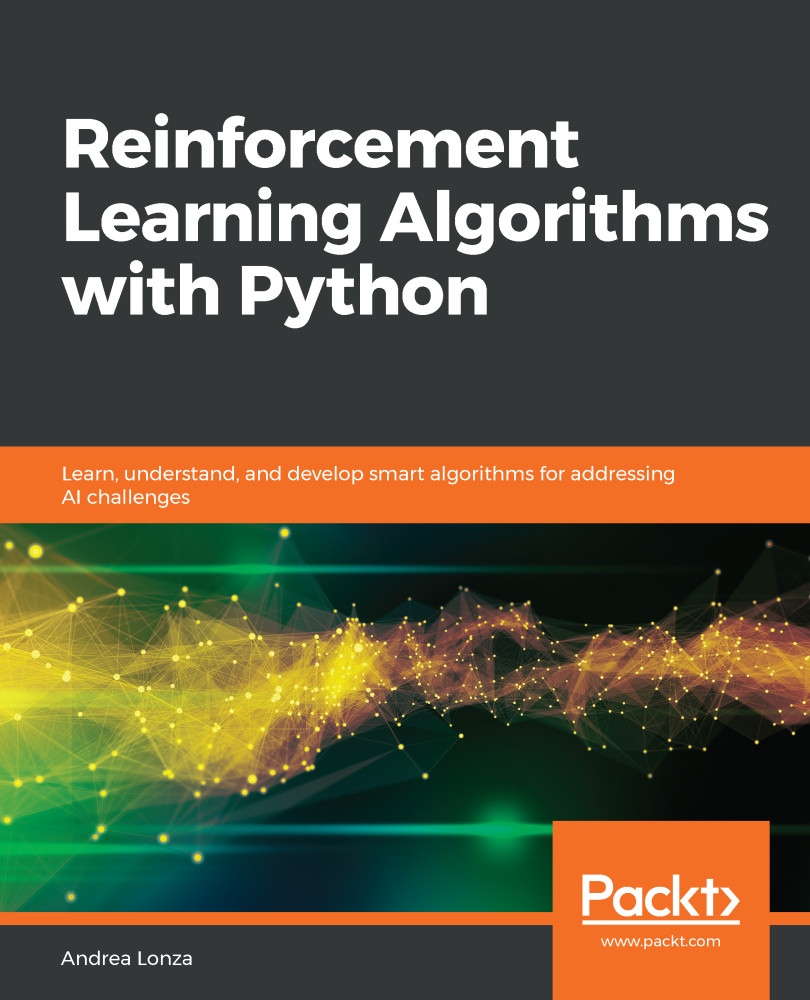Humans and animals learn through a process of trial and error. This process is based on our reward mechanisms that provide a response to our behaviors. The goal of this process is to, through multiple repetitions, incentivize the repetition of actions which trigger positive responses, and disincentivize the repetition of actions which trigger negative ones. Through the trial and error mechanism, we learn to interact with the people and world around us, and pursue complex, meaningful goals, rather than immediate gratification.
Learning through interaction and experience is essential. Imagine having to learn to play football by only looking at other people playing it. If you took to the field to play a football match based on this learning experience, you would probably perform incredibly poorly.
This was demonstrated throughout the mid-20th...


